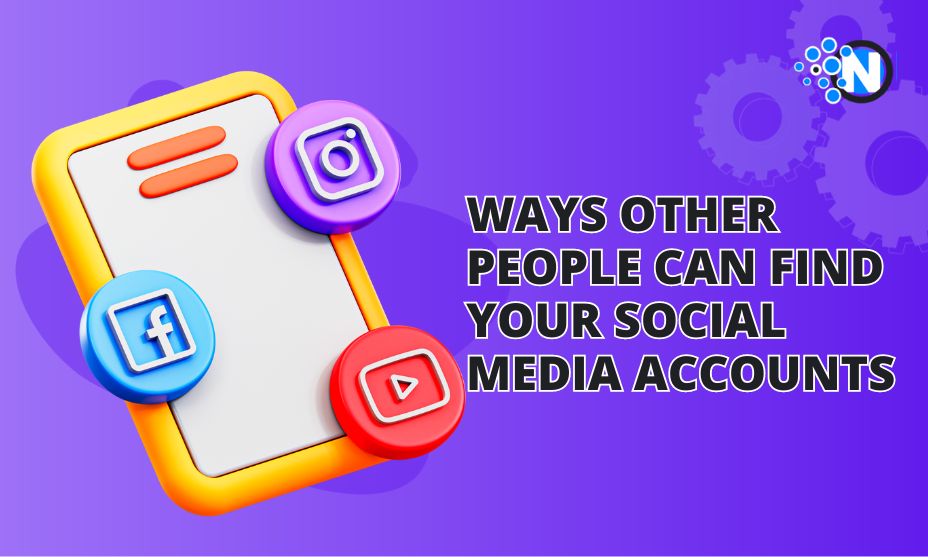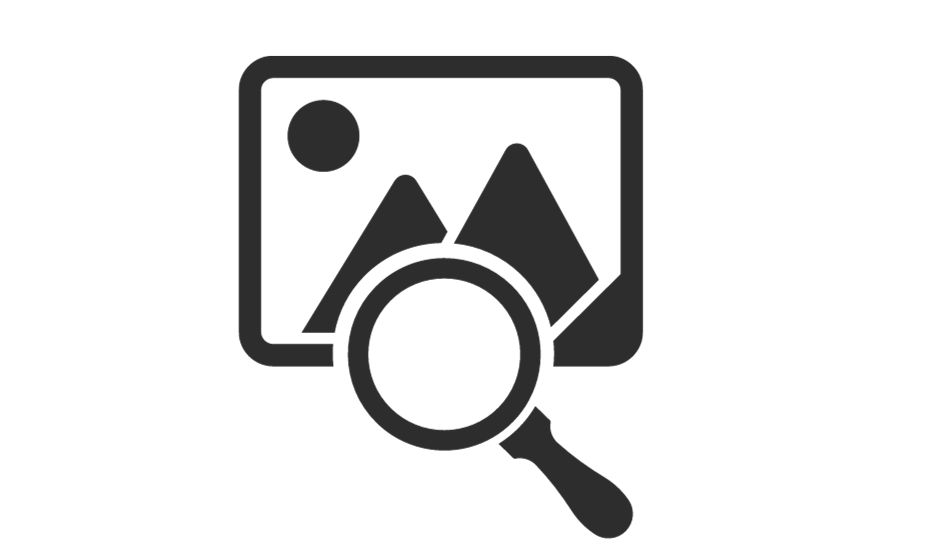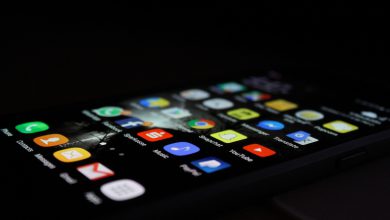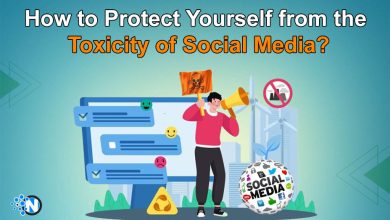9 Ways Other People Can Find Your Social Media Accounts

In this digital world, over half of the population has at least one social media account. In case you don’t believe, you should know that a study reported by Statista found that more than 4.59 billion people were using social media worldwide in 2022. If you are one of the billions of people who use social media but would rather keep a low profile, you may be disappointed to know that people will often have an easy time finding you.
Here are nine ways by which others can track your social media footprint.
1. Search Engines
One of the easiest ways to find contacts is by using Google, Bing, or related search engines. Those interested in you can search for info using your name, location, workplace, or other relevant information. You may have noticed that search engines, which normally index the Internet automatically for all kinds of information, will also bring you to your social media profiles because they are public accounts.
If you do not want everyone to see your posts and comments, then make sure all of your social media profiles are private. Doing so, people will be able to find you but not anything about your personal life that may have value.
2. People Search Websites
Perhaps a lesser-known but effective strategy to find online accounts is by using people search websites. On Nuwber, for example, people can find your social media accounts, including Facebook, X, and Instagram, if they know your full name, phone number, and/or address. This helps them a lot in finding someone online across different digital platforms.
3. Your Acquaintances’ Follower and Following Lists
Another easy way by which people can find your social accounts is by looking at who your acquaintances are following and who is following them. If your accounts happen to be on any of such lists, people may be able to tell that it belongs to you, especially if you are using your photo, full name, or nicknames and images that people can associate you with.
Those who don’t want to be found will dislike knowing that there are third-party tools that can help find common connections. These tools work by analyzing a network, pinpointing overlapping connections, and may provide functionalities that allow narrowing down search parameters.
4. Reverse Image Search
If you don’t want someone to find you, don’t have your photos everywhere. When people have photos of you, they can use a reverse image search to find online accounts associated with that image. More specifically, these tools work by allowing users to upload an image and find instances of its use. You can avoid being found in this manner by making all your images private and avoid sharing photos with people you don’t want to connect with.

5. Hashtags and Location Tags
As you might know, tags are particularly important on some social media accounts, with Instagram arguably being the most well-known example. Depending on the platforms you use, you might be searchable by tags if people know your interests and locations and if you are using tags to drive searches to your profiles.
6. Your Email Address
Some people may be surprised to know that there are social platforms that find other users by their email addresses. So, if you have shared your email address with people you don’t want to connect with, make sure to make your accounts private.
I suspect it would be best not to give your e-mail address out indiscriminately. Besides using email addresses to find out what accounts people have online, they can also be used as pointers for things linked with the given address.
7. Asking Other People
If you and the people who are searching for you share acquaintances, your online accounts might end up being discovered as a result of your friends giving them to anyone who asks. You can avoid this by limiting the number of people to whom you give access to your online data or asking them not to share any details unless you approve it.
8. Hacking Your Devices
If someone really wants to find your social media, they might go as far as trying to hack your devices to gain access to all of your data. Specific techniques they may use include creating fake public Wi-Fi networks or sending phishing emails. You can avoid being hacked by using a robust cybersecurity system, avoiding connecting to unknown public networks, and learning how to recognize phishing.
9. Your Employment Information
If you have provided your workplace details on a professional networking site such as LinkedIn, information about you may be readily available to colleagues and recruiters. To make the best use of your accounts, adjust privacy settings so that you share as little as needed if you desire to do so.
Bottom Line: You Can Keep a Low Profile if You Really Want to
Like it or not, having a social media account is sometimes necessary to connect with friends or professionals in your field. Assuming you do not need profiles on platforms such as LinkedIn, you can keep a low profile online by using a nickname instead of your full name and making all of your photos and videos private.
Last but not least, just because people can find you doesn’t mean they can bother you. If you really don’t want to connect with someone, do your best to avoid them politely. In addition, if anyone harasses you on any platform, be sure to report them.




